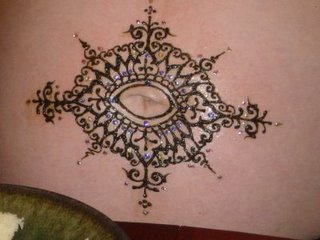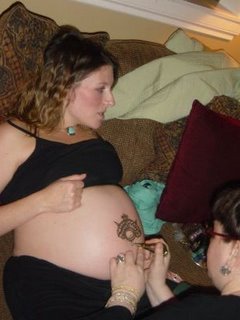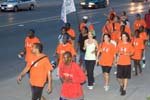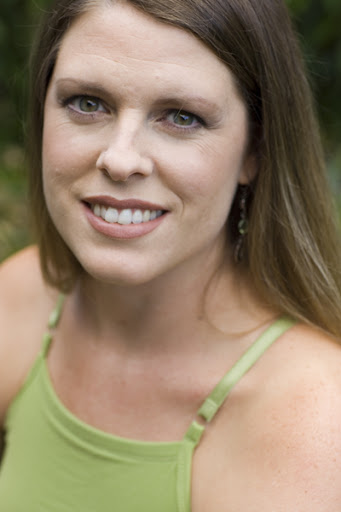Give Us Strength

Abandoned after birth in Natalspruit Hospital in the Gauteng Province of South Africa, his little body was already shutting down. In a country with the highest HIV/AIDS infection rate in the world, his desperate mother was probably very near death herself. Infants born into this suffering develop symptoms rapidly: respiratory infection, liver and spleen enlargement, emaciation, stunted neurological development, and painful skin conditions. As this child’s body wasted away, his head became swollen and a CT scan confirmed that his brain tissue was already shrinking away in response to the disease.
Then the kind and brave women from Lambano Sanctuary found him. They gathered him up and brought him to their home in Johannesburg hoping they could nurse him to health, but knowing that more likely their role would be as comforters as he journeyed to his death. But something called hope grew within him, flashed through the pain in his wide eyes, and refused to let him go. He knew he was loved.
Siphamandla, meaning “give us strength”, responded well to antiretroviral drugs for two years before developing a resistance to them. No one knows how long his body will be able to repress the viral load or what will happen if he has to go on the drugs again. But today this AIDS orphan is fully present and thriving.
When I met Siphamandla this summer—four years old, running across the playground, bounding onto my lap like an overgrown puppy dog—I could see the hope still twinkling in his smiling eyes. His joy, sensitivity, and affection transparently display the greatest needs of our human
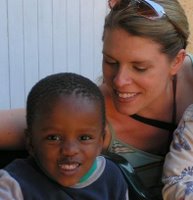 condition: to live, love, and be loved.
condition: to live, love, and be loved.For me this son of Africa embodies the prayer of a people, a continent, a world… Give us strength. May it be my prayer and yours as we continue to seek a cure, to raise awareness, to fight for accessible medication for the poor, to care for the sick, and above all—to love one another.
Thursday, December 1st is World AIDS Day. Wear a red ribbon, say a prayer, tell others, take action!
To learn about Lambano Sanctuary and how you can help, visit:
http://www.lambano.org.za/

